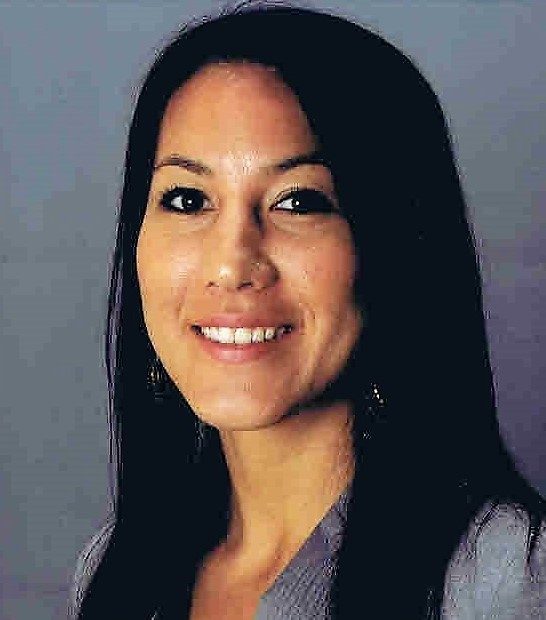California Courts of Appeal
Practitioners need to be extremely careful about what appears in CCP §998 offers when they accept them. Attorney’s fees were lost in this important case that deserves your immediate attention.LINTON v. COUNTY OF CONTRA COSTA
PLAINTIFF LINTON ACCEPTED A CCP §998 OFFER IN AN UNRUH ACT AND DISABLED PERSONS ACT CASE
Plaintiff Linton, who uses a wheelchair, sued Defendant Contra Costa County when she alleged she was injured while riding a paratransit van operated by the county. She sued under California’s Unruh Act and Disabled Persons’ Act (“DPA”).
After years of litigation, Plaintiff Linton accepted a settlement offer pursuant to CCP §998 for $250,001, “[p]lus costs under Code of Civil Procedure §1032 and attorney’s fees allowed by law as determined by the court.”
THE TRIAL COURT DENIED THE ATTORNEY’S FEE APPLICATION
Plaintiff Linton subsequently filed an application for attorney’s fees with the trial court. The court denied the application, finding that, because there was no admission of a violation of either statute, there was no legal entitlement to attorney’s fees.
THE APPELLATE COURT RULED THAT THERE WAS NEITHER A STATUTORY NOR CONTRACTUAL BASIS FOR ATTORNEY’S FEES
The appellate court upheld the trial court’s ruling. Looking at the language of the Unruh Act and Disabled Persons’ Act, the court found that both required a finding of a violation of that act for an award of attorney’s fees.
Civil Code section 52, which provides for attorney’s fees under the Unruh Act, only allows them to a person “denied the rights
Here, the 998 offer neither admitted nor denied any violation of either act. Without such an admission, the court said, attorney’s fees could not be awarded under the statute’s plain language.
Neither did the 998 offer create a separate right to attorney’s fees. Because it did not provide for attorney’s fees, but rather qualified the right to attorney’s fees to those “allowed by law,” there was no separate contractual basis under the 998 for attorney’s fees.
CONCLUSION
This is an important decision for CELA members to study. We operate extensively with statutes that include fee-shifting provisions. For example, FEHA provides for attorney’s fees for “the prevailing party” (although a prevailing defendant may only receive such an award for frivolous, unreasonable or groundless cases). Be very careful of 998 offers that allow attorney’s fees “as allowed by law,” but do not assign a prevailing party, deny liability, or state that neither party shall be deemed the prevailing party.
This case seems to run counter to the goal of CCP §998 to promote settlement. What defendant will issue a 998 if it must admit liability, and what plaintiff will now accept such an offer for an Unruh or DPA claim without such an admission? This case means we must all be careful as we negotiate these resolutions, and it may require a legislative fix.
COA, 1st Dist. Div. 1, Filed 1/23/19, Opinion by Justice Margulies.
Read More
